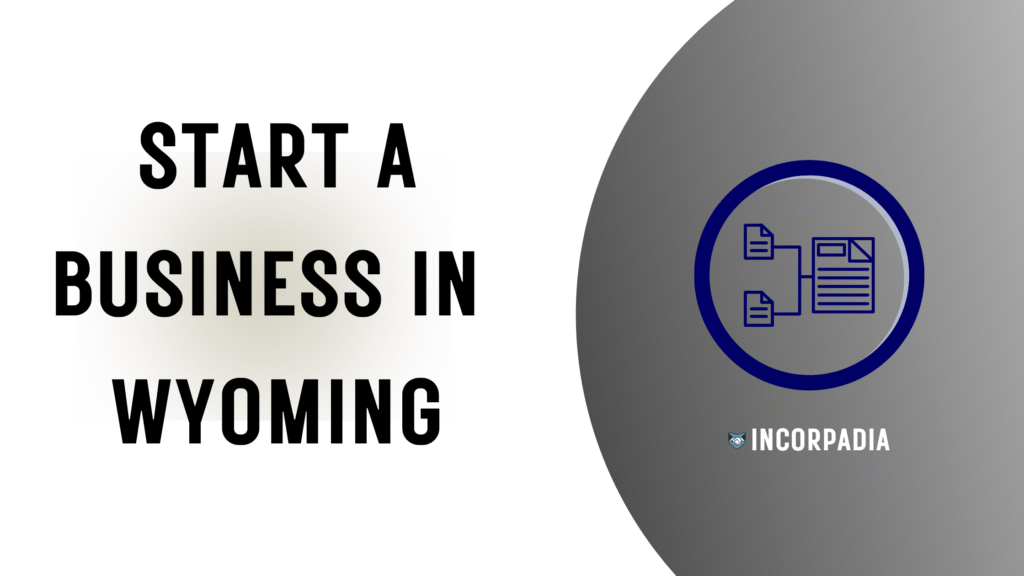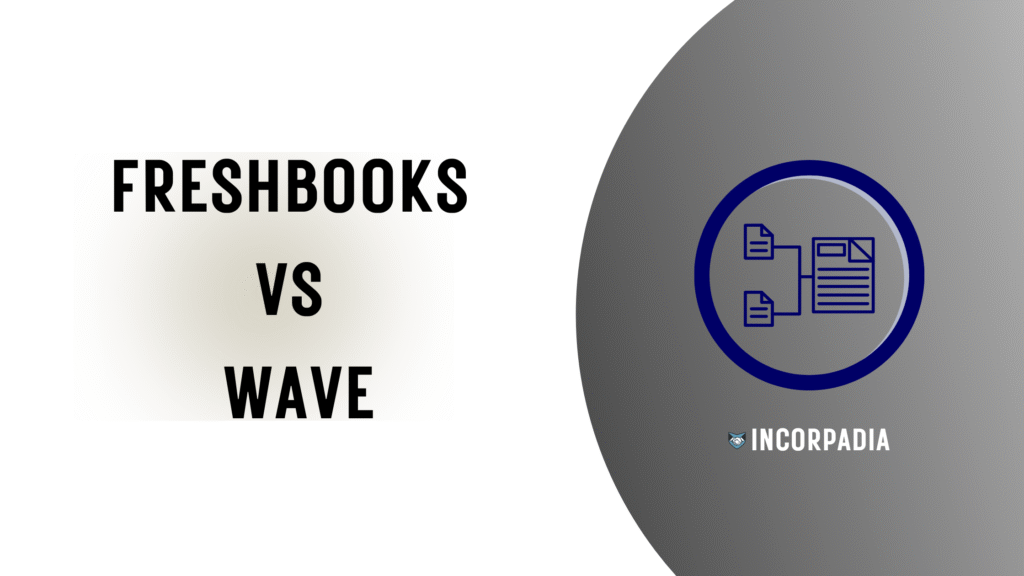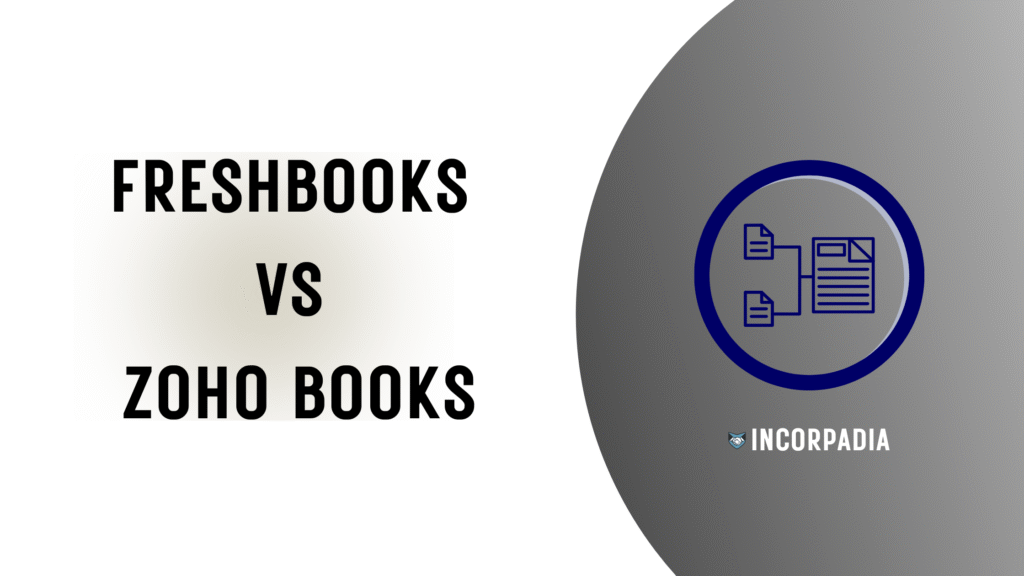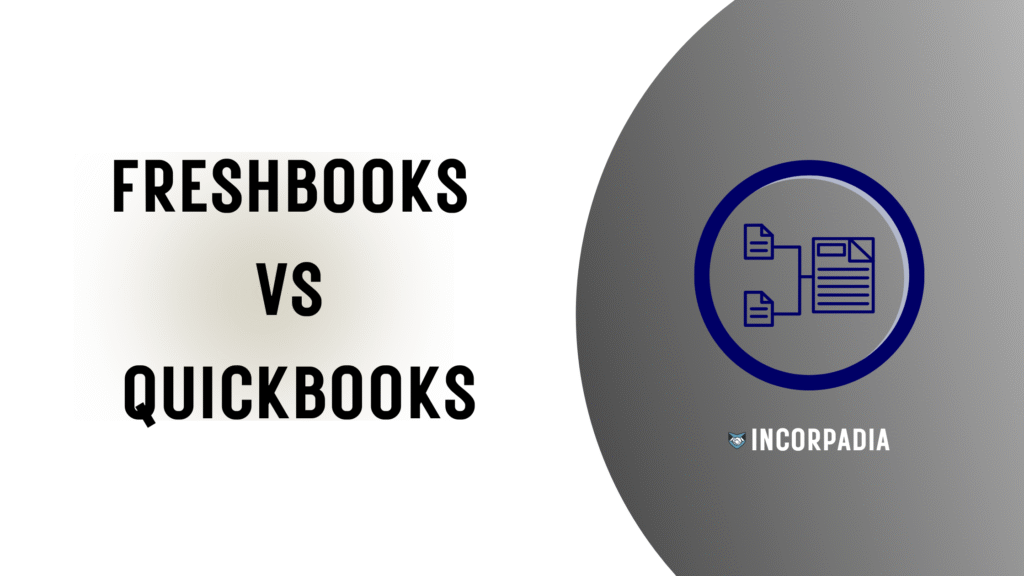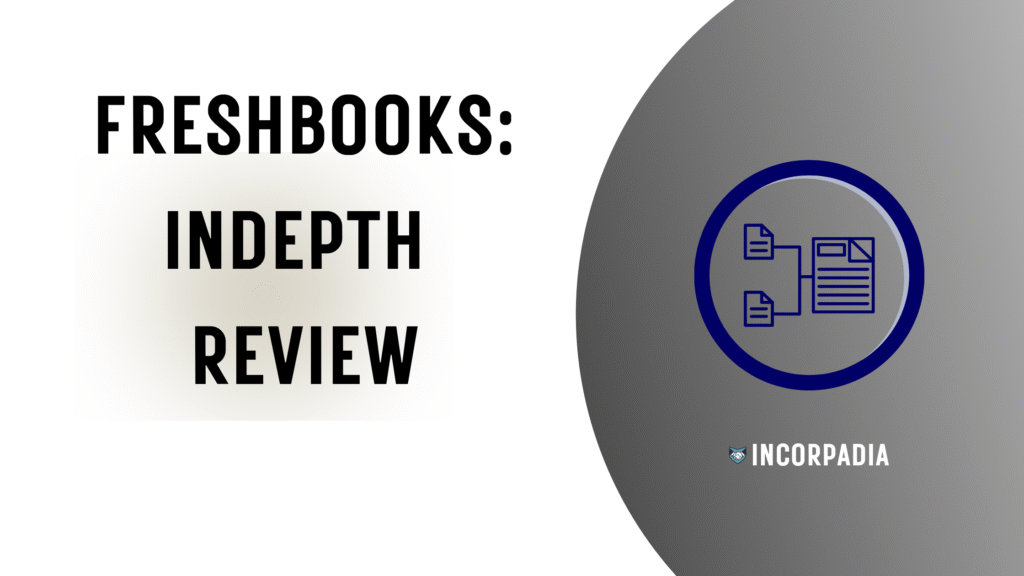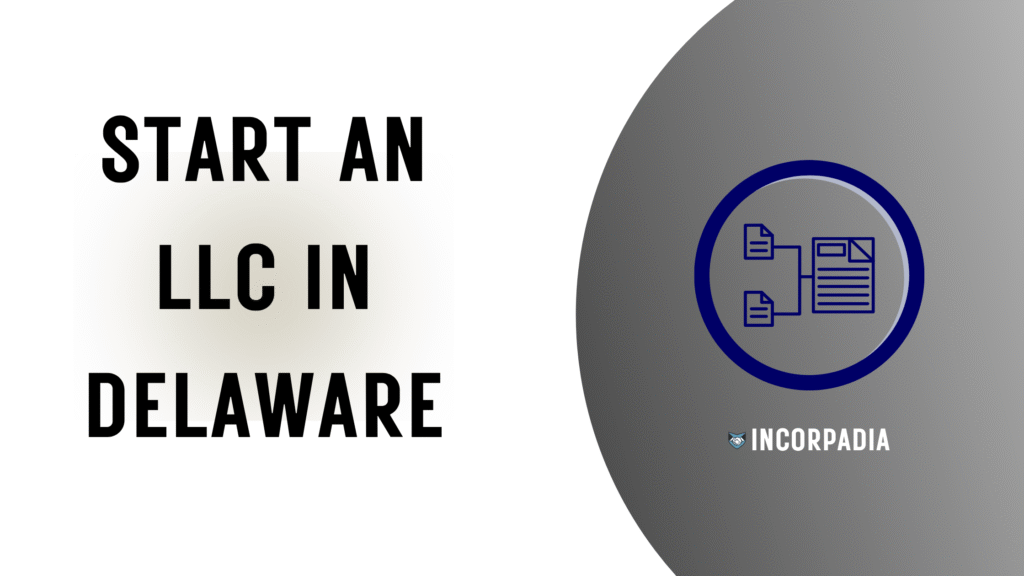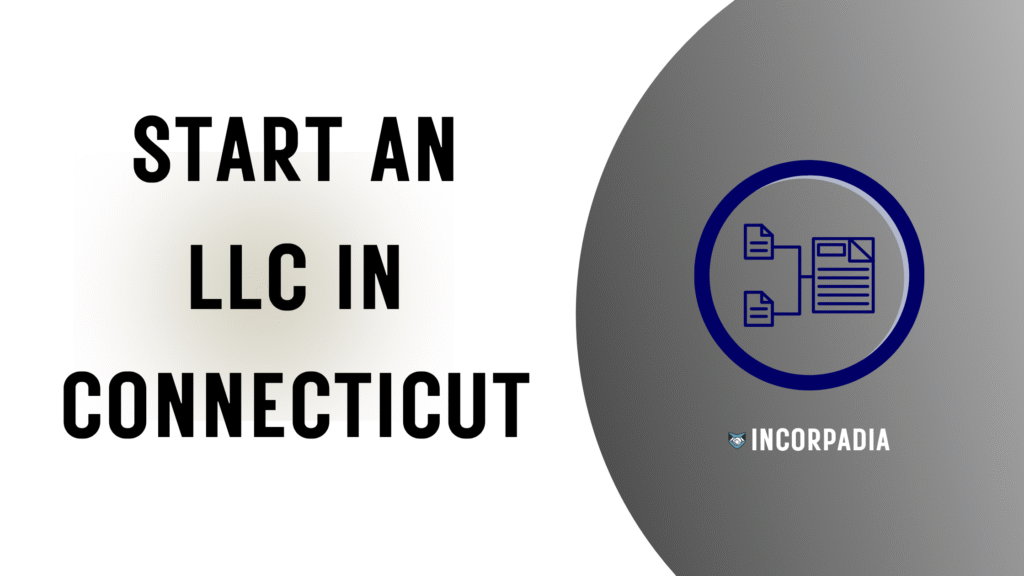Starting a business is one of the most rewarding ventures you can embark on, but the process can be overwhelming if you don’t have the right information. Fortunately, Wyoming offers an ideal environment for entrepreneurs due to its favorable tax policies, supportive legal system, and growing economy. Whether you’re just starting out or expanding your current business, Wyoming provides a solid foundation for your enterprise.
In this comprehensive guide, we’ll walk you through everything you need to know to get your business up and running in Wyoming—from creating a business plan to registering your business and getting the necessary licenses.
How to Start a Business in Wyoming?
Before jumping into the specifics, it’s important to understand that starting a business in Wyoming follows a fairly straightforward process. With low fees, minimal bureaucracy, and an environment designed to foster entrepreneurship, Wyoming is a great state to start your business. Here are the essential steps you need to follow.
Step 1: Create a Business Plan
The first and most important step when starting any business is to create a business plan. A business plan will help you define your vision, understand your market, and outline your financial goals. It also serves as a critical tool if you’re seeking funding from investors or lenders. Here’s what should be included:
1.1 Executive Summary
This section should briefly explain what your business is about, the mission, and your long-term goals. If you’re planning to raise capital, this is the section where you’ll want to catch the interest of potential investors.
1.2 Business Description
Provide more detail about your business, including the type of business, industry background, and what sets you apart from the competition. This section will give readers a deeper understanding of your business operations.
1.3 Market Research
This is where you’ll do an in-depth analysis of the market, target audience, and competitors. A good understanding of the industry trends and consumer behavior will help you make informed decisions.
1.4 Organization and Management
Outline your business structure and key team members. If you’re starting a company with partners or investors, this section is essential for defining roles and responsibilities.
1.5 Products and Services
Detail the products or services you plan to offer. You should also explain why they are unique and how they will solve a problem or meet a need for your target customers.
1.6 Marketing and Sales Strategy
Describe how you plan to reach your customers and promote your products or services. Include your marketing channels, pricing strategies, and sales tactics.
1.7 Financial Projections
Provide a forecast of your business finances, including projected income, expenses, and profits. You’ll also want to include a break-even analysis to show when your business will start becoming profitable.
Creating a comprehensive business plan is key to your business’s success. It helps you stay focused, attract investment, and set realistic goals.
Step 2: Choose a Business Entity in Wyoming
Once your business plan is in place, the next step is to select the right legal structure for your business. Wyoming offers several types of business entities, each with its own advantages and limitations. Choosing the right entity depends on factors like liability, taxes, and the nature of your business.
2.1 Sole Proprietorships
A sole proprietorship is the simplest and most common type of business entity. It is owned and run by one person, and there is no distinction between the business and the owner. As the business owner, you are personally responsible for all debts and obligations.
Advantages:
- Easy and inexpensive to start.
- Full control over business decisions.
- Pass-through taxation (profits and losses are reported on your personal tax return).
Disadvantages:
- Unlimited personal liability for business debts.
- Harder to raise capital.
2.2 Limited Liability Company (LLC)
An LLC is a flexible business structure that combines the liability protection of a corporation with the tax benefits of a partnership. An LLC protects your personal assets from business debts while allowing you to report profits and losses on your personal income tax return.
Advantages:
- Limited liability protection.
- No corporate income tax.
- Flexible management structure.
Disadvantages:
- Requires annual fees and filings with the state.
- Some complexity in managing multi-member LLCs.
2.3 Limited Liability Partnership (LLP)
LLPs are similar to LLCs, but they are specifically designed for partnerships. In an LLP, each partner is protected from the personal liability of other partners’ actions, making it ideal for professional businesses like law firms and accounting practices.
Advantages:
- Personal liability protection for each partner.
- More flexible than corporations.
Disadvantages:
- Can be more complex to manage.
- Limited availability for certain professions.
2.4 Corporation
A corporation is a separate legal entity owned by shareholders. Corporations provide the highest level of liability protection, but they are also subject to more regulations, taxes, and administrative burdens than other structures.
Advantages:
- Limited liability protection.
- Ability to raise capital through stock sales.
- Can offer stock options to employees.
Disadvantages:
- More expensive to form and maintain.
- Double taxation (corporations are taxed on their profits, and shareholders are taxed on dividends).
Once you’ve chosen the right business structure, you can proceed with registering your business.
Step 3: Determine Your Wyoming Business Costs
Before you start your business in Wyoming, it’s important to understand the costs involved. The cost of starting a business can vary greatly depending on your business structure, industry, and location within the state. Here are the key costs to consider:
3.1 Formation Fees
When you register your business, there are filing fees associated with forming your business entity. For an LLC, for example, the filing fee for Articles of Organization in Wyoming is typically $100.
3.2 Registered Agent Fees
All businesses in Wyoming are required to have a registered agent. The agent receives legal documents and government notices on behalf of your business. You can act as your own agent or hire a professional service, which typically costs between $50 and $200 per year.
3.3 Operating Costs
These are the ongoing expenses for running your business. They include rent, utilities, employee wages, marketing, and supplies.
3.4 Licenses and Permits
Depending on your business type, you may need special licenses or permits to operate legally. These could include sales tax permits, professional licenses, health permits, etc.
3.5 Insurance
Business insurance is important for protecting your business from financial risks. You may need general liability insurance, workers’ compensation, or specialized insurance depending on your business type.
Having a clear understanding of these costs will help you budget effectively and avoid surprises.
Step 4: Name Your Business in Wyoming
Choosing a name for your business is an exciting step, but it requires some important considerations. The name you choose should be unique and not infringe on existing trademarks. It should also reflect your brand and the services or products you offer.
In Wyoming, business names must be distinguishable from other entities registered with the Secretary of State. You can search for name availability on the Secretary of State’s website to ensure your name is not already taken.
4.1 Tips for Choosing a Business Name:
- Keep it short, memorable, and easy to spell.
- Include keywords that relate to your industry or niche.
- Avoid using words that could restrict your business operations.
Once you’ve chosen a name, you may want to reserve it through the state’s online portal.
Step 5: Register Your Business in Wyoming
With your business plan, entity, and name in place, the next step is to register your business with the state of Wyoming. This process typically involves the following:
5.1 Get a Wyoming Registered Agent
Wyoming requires all LLCs, corporations, and limited partnerships to appoint a registered agent. The registered agent is responsible for receiving important legal and tax documents on behalf of your business. This can be an individual or a company that provides registered agent services.
5.2 Apply for Formation Documents
Once you have your registered agent, you’ll need to file the appropriate formation documents with the Wyoming Secretary of State. The documents required depend on your business structure:
- LLC: File the Articles of Organization.
- Corporation: File Articles of Incorporation.
- Partnership: File a Certificate of Limited Partnership.
5.3 Apply for an EIN
An Employer Identification Number (EIN) is required for businesses that have employees or are structured as a corporation or LLC. You can apply for an EIN through the IRS website, and it’s free.
Step 6: Apply for Business Licenses and Permits
Before you can start operating, you may need to obtain one or more business licenses or permits, depending on your industry and location. Wyoming does not have a general state business license requirement, but there are several industry-specific permits that might be necessary.
For example:
- Sales Tax License: If you’re selling goods or services subject to sales tax, you’ll need to register with the Wyoming Department of Revenue.
- Professional Licenses: Certain professions, such as healthcare, law, and real estate, require state-issued licenses.
- Local Permits: Check with your city or county government for any local requirements.
Step 7: Get a Bank Account
Opening a separate business bank account is essential for keeping your personal and business finances separate. Most banks require the following documents to open an account:
- A copy of your Articles of Organization or Articles of Incorporation.
- Your EIN.
- A copy of your operating agreement or bylaws.
Having a dedicated business bank account also makes tax preparation easier and helps to establish business credit.
Step 8: Market Your Business in Wyoming
Now that your business is set up, the next step is to attract customers. Wyoming offers numerous opportunities for businesses to market themselves, both online and offline. Here are some ideas to consider:
8.1 Build an Online Presence
Create a website to showcase your products or services. Social media platforms like Facebook, Instagram, and LinkedIn are great tools for reaching potential customers.
8.2 Local Advertising
Consider advertising in local newspapers, magazines, and radio stations. You can also participate in local events and trade shows to network and promote your business.
8.3 Word-of-Mouth and Networking
Building relationships with other local business owners and customers can help generate leads and referrals.
Important Information
Do You Need Business Insurance?
While not mandatory for every type of business, having insurance can protect you against unexpected risks. The most common types of business insurance include:
- General Liability Insurance: Covers injuries and accidents.
- Workers’ Compensation Insurance: Required if you have employees.
- Professional Liability Insurance: Protects against negligence claims in service industries.
What is the Most Profitable Type of Business?
The profitability of a business depends largely on the market you’re entering, your business model, and the demand for your product or service. However, businesses in industries like tech, healthcare, and renewable energy have been shown to have strong profit potential in recent years.
FAQs
How long does it take to start a business in Wyoming?
It typically takes between a few days to several weeks to start a business, depending on your filings and whether you face any delays.
Can I start a business in Wyoming if I live out of state?
Yes, Wyoming allows out-of-state residents to start businesses. You will need a registered agent with a physical address in Wyoming to handle legal and tax documents.
Do I need a business license in Wyoming?
In most cases, a business license is required if you are selling goods, operating in regulated industries, or have employees. Check with the Wyoming Department of Revenue and your local authorities.
How much does it cost to start a business in Wyoming?
The cost depends on the type of business you’re starting. Expect to pay filing fees for your formation documents, registered agent fees, and other business-related expenses like licenses and permits.

